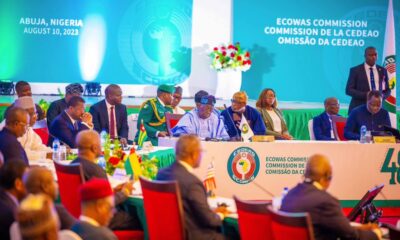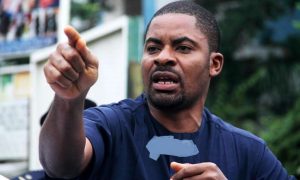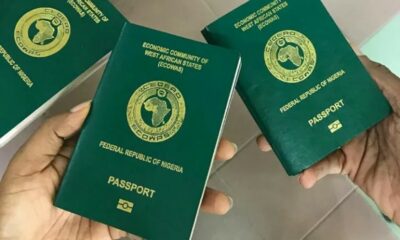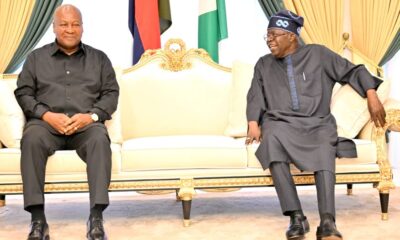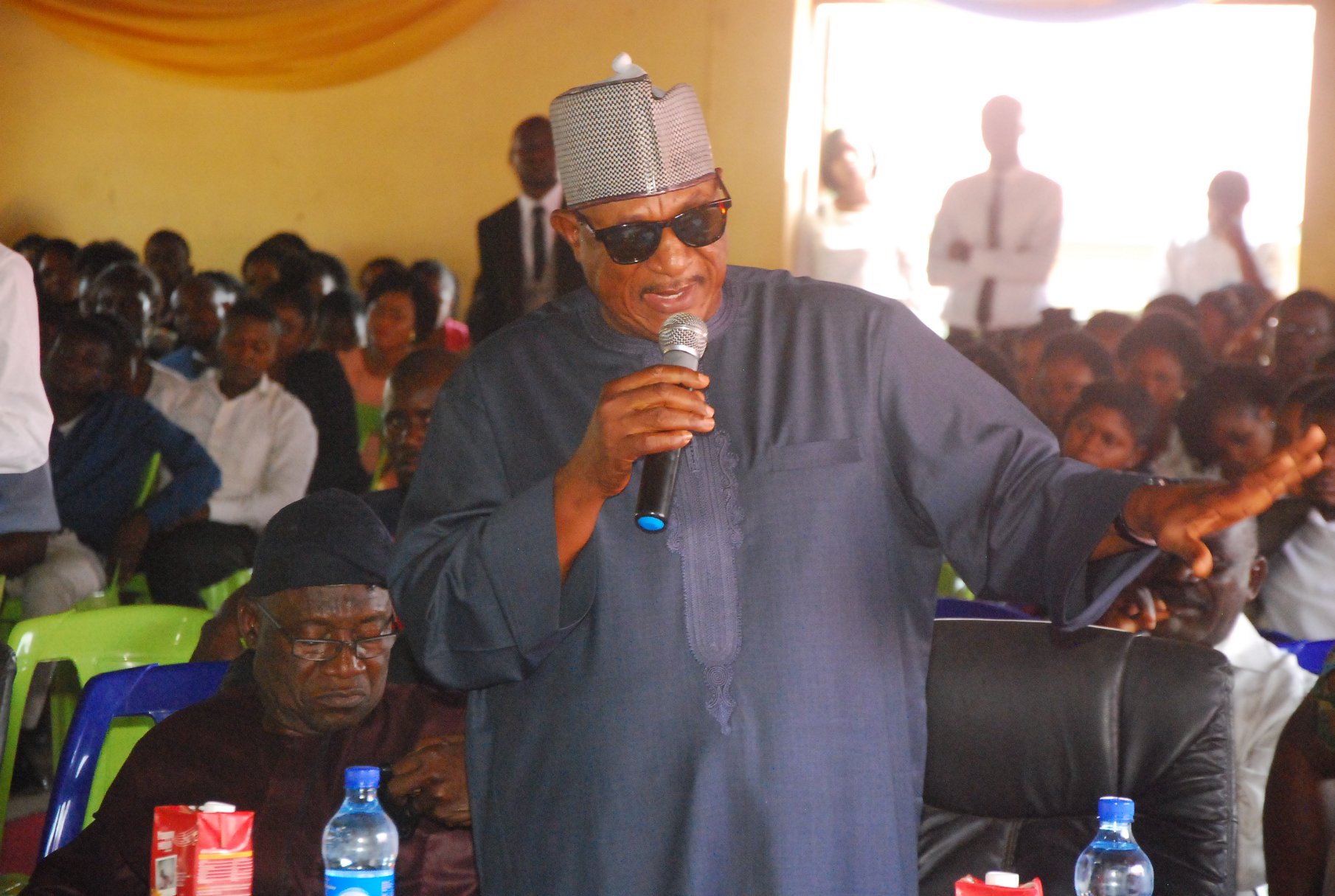Nigeria News
Coup: Tinubu fresh warning over plan to send troops to Niger
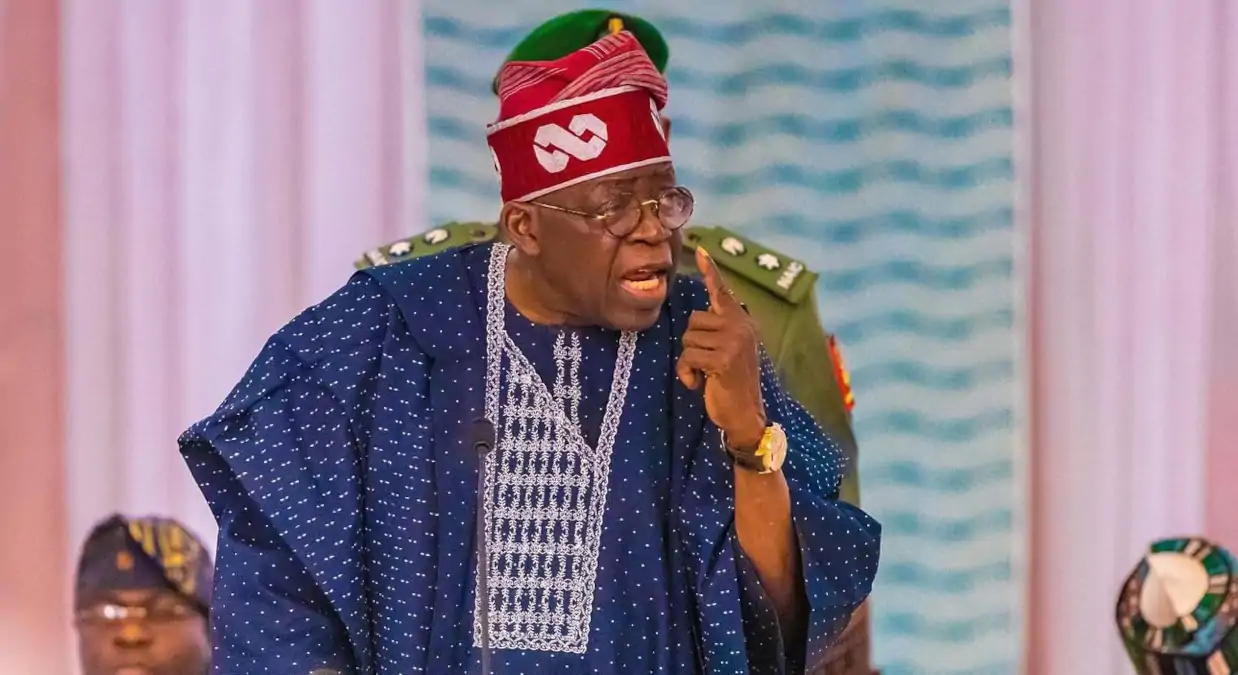
Inibehe Effiong, a prominent public interest and human rights lawyer, has raised concerns over the constitutional legitimacy of President Bola Tinubu’s ability to deploy Nigerian Armed Forces as part of an Economic Community of West African States (ECOWAS) standby force for a potential invasion of Niger Republic.
Effiong argues that the constitutional requirement for parliamentary approval extends beyond declared states of war. He emphasizes that such approval is necessary for any combat duties and missions carried out by Nigeria’s armed forces abroad. The lawyer’s statements were conveyed through a social media post on Thursday.
Effiong expressed dismay that ECOWAS leaders succumbed to what he sees as imperialistic pressures from France to engage in military action against Niger. He firmly believes that diplomacy should be pursued as the preferred solution to the crisis, contending that Nigeria lacks the capability and resources for warfare.
Quoting specific constitutional clauses, Effiong highlights Section 5 (4)(b) of the 1999 Constitution, which stipulates that no member of the armed forces can be deployed on combat duty outside Nigeria without the prior approval of the Senate. He stresses that Nigeria’s role as ECOWAS chair and its status as a treaty signatory do not override the constitutional requirement for approval.
Effiong underscores that the Nigerian Senate has already ruled out a military option for resolving the Niger crisis. He warns that any attempt by President Tinubu to deploy Nigerian troops without proper approval could be deemed reckless and misconduct, potentially leading to impeachment proceedings.
The lawyer concludes by pointing out the fragile state of Nigeria’s armed forces, highlighting their existing challenges such as overstretching and inadequate compensation. He contends that engaging in warfare while the nation faces internal security and financial crises would be ill-advised and counterproductive. Instead, Effiong insists on pursuing diplomatic avenues for conflict resolution.


